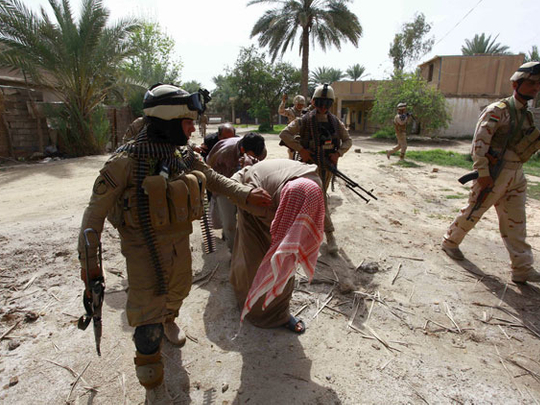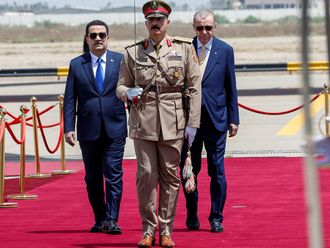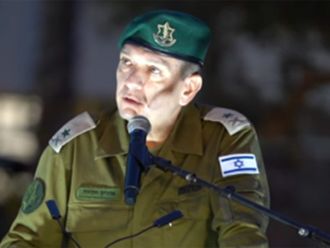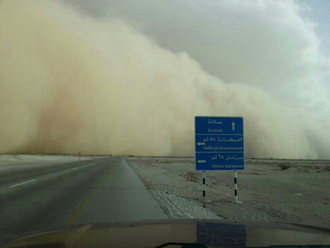
Baghdad: Late night bombings at a Baghdad cafe left 13 people dead, officials said Thursday, pushing the toll from a day of nationwide blasts, shootings and shellings to at least 46.
The violence has been primarily driven by discontent in the Sunni community, which alleges mistreatment at the hands of the Shiite-led government and security forces, and by the civil war raging in neighbouring Syria.
The coordinated bombings struck the cafe in the Washash area of western Baghdad at around 9pm (2100 GMT) Wednesday, killing 13 people and wounding 40, according to a revised toll Thursday by security and medical officials.
An initial roadside bombing near the cafe was followed by a suicide blast, the officials said, speaking on condition of anonymity.
Violence elsewhere in and around the capital on Wednesday killed eight people, while four policemen were killed by a booby-trapped corpse north of Baghdad. Attacks in the restive provinces of Diyala, Nineveh and Kirkuk, also left six dead.
In the militant-held city of Fallujah, meanwhile, shelling by government forces, as well as clashes in and around the city, killed 15 people and left 40 others wounded on Wednesday, according to Ahmad Shami, the chief doctor at the city’s main hospital.
Fallujah has been outside government control since militants overran it and parts of nearby Ramadi, capital of the predominantly Sunni surrounding province of Anbar, in early January.
Security forces have managed to wrest back control of Ramadi but a stalemate has persisted in Fallujah, which lies just a short drive from Baghdad.
More than 300 people have been killed so far this month and upwards of 2,000 since the beginning of the year, according to AFP figures based on reports from security and medical sources.
Analysts and diplomats have called for the Shiite-led authorities to do more to reach out to the disaffected Sunni minority, but with elections due to be held on April 30, political leaders have been loath to be seen to compromise.












